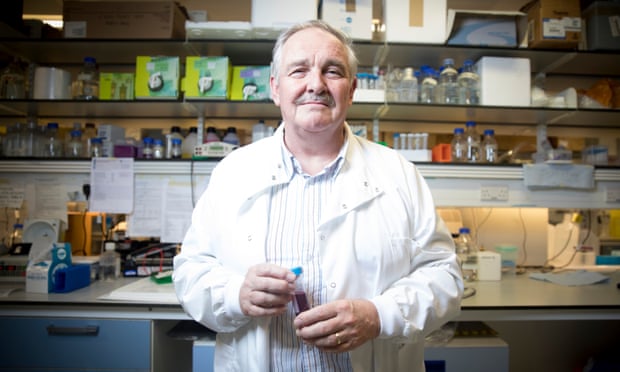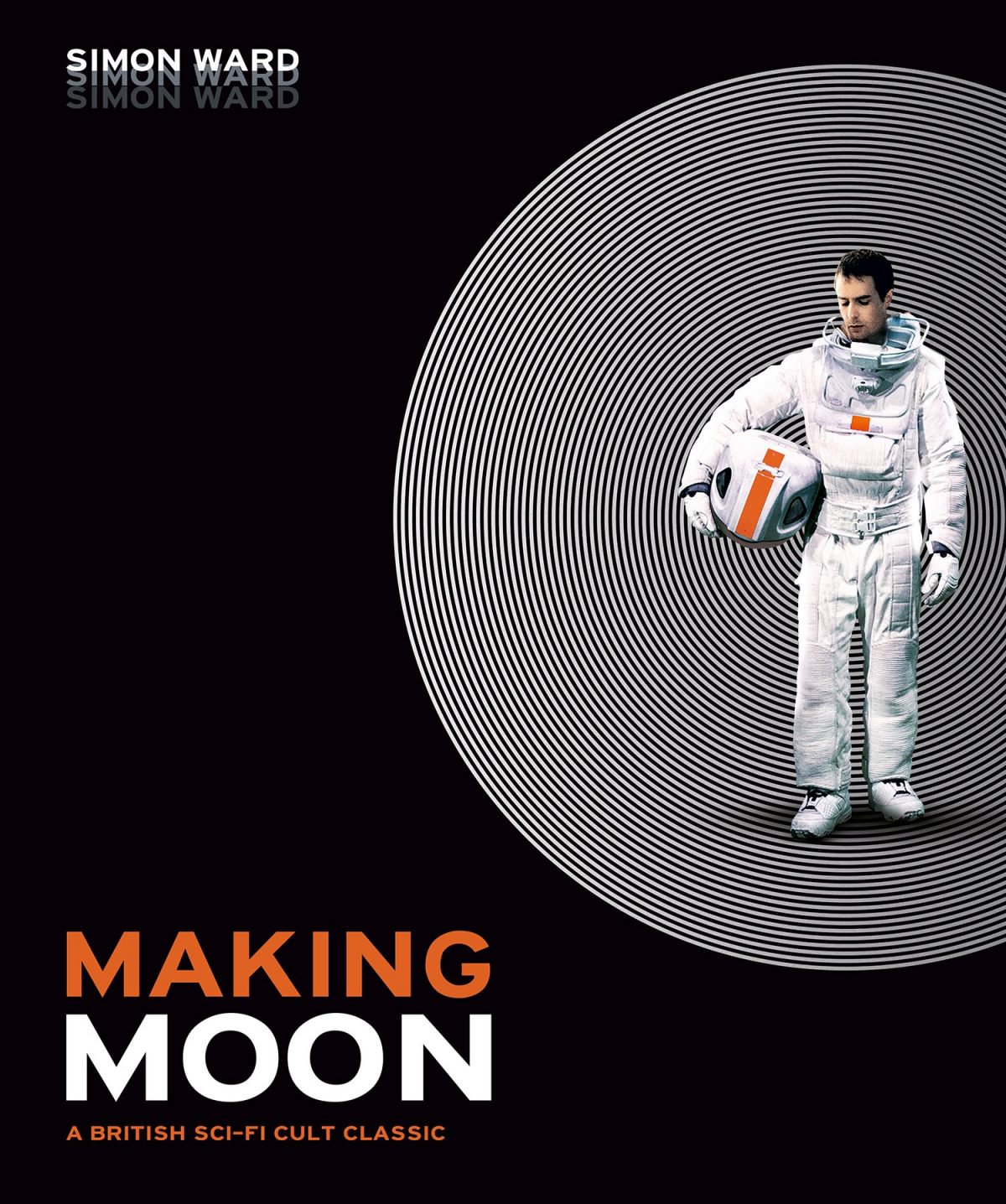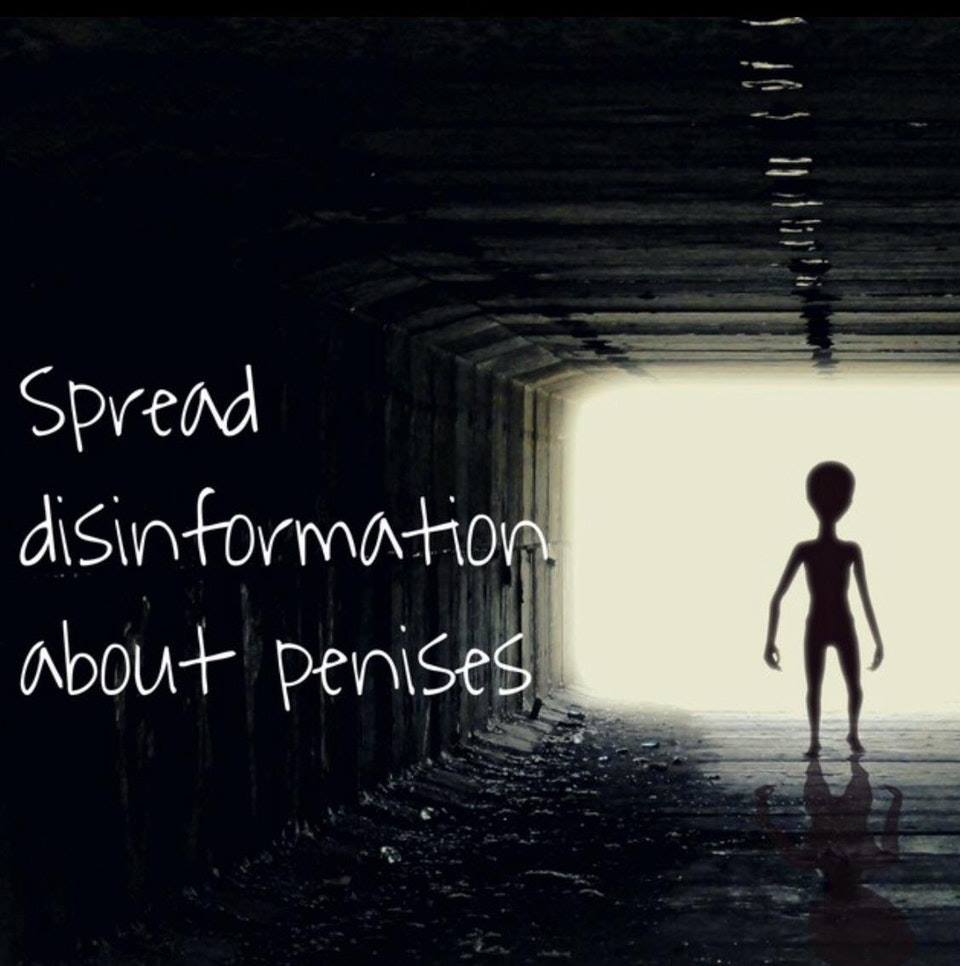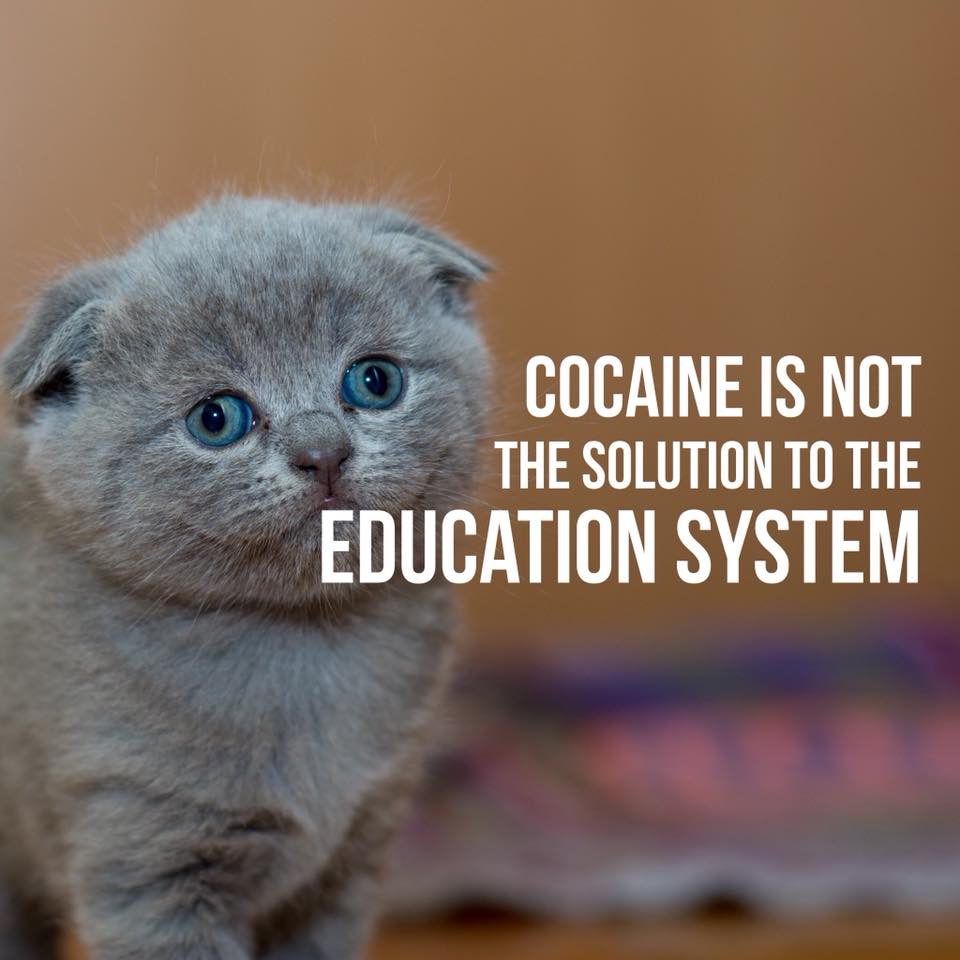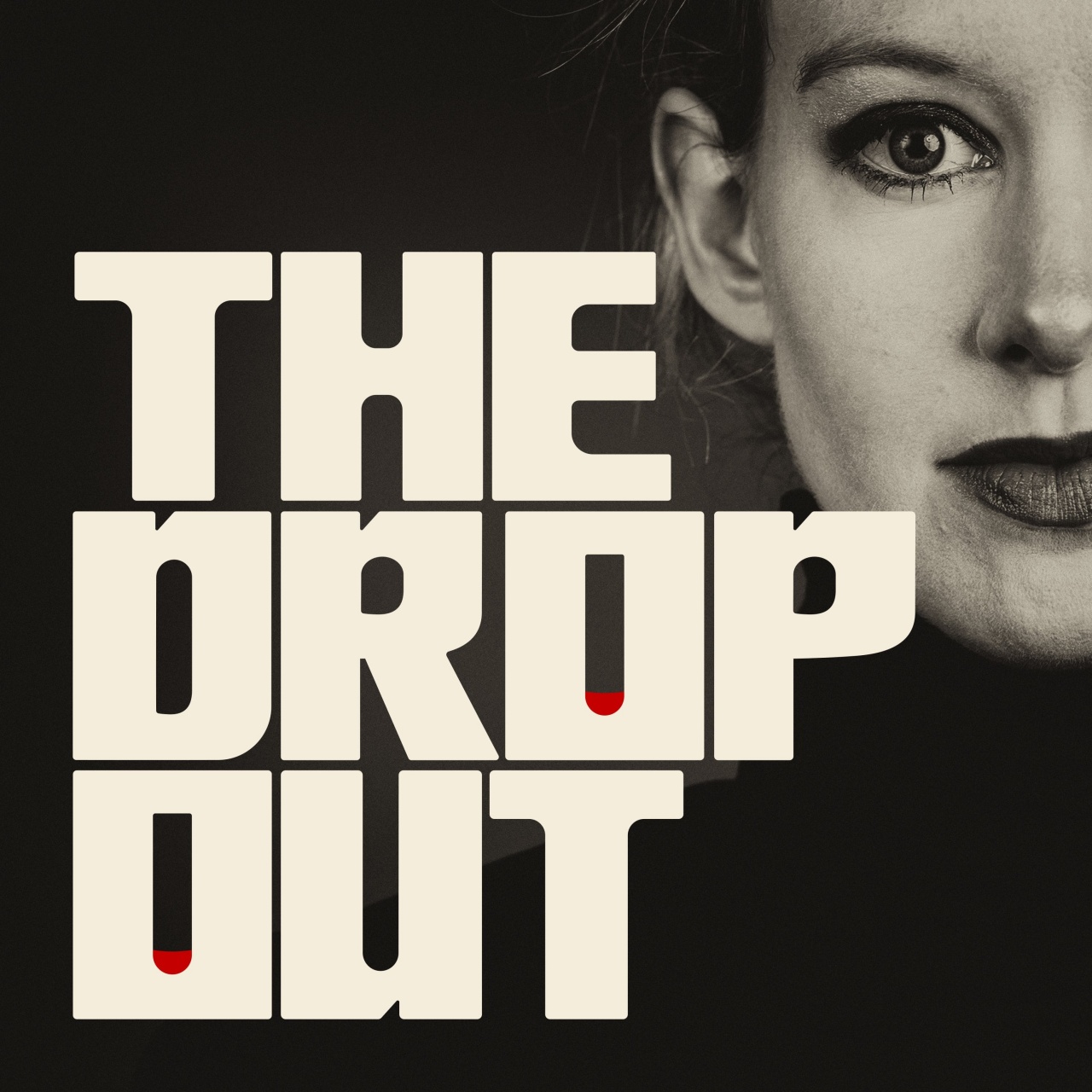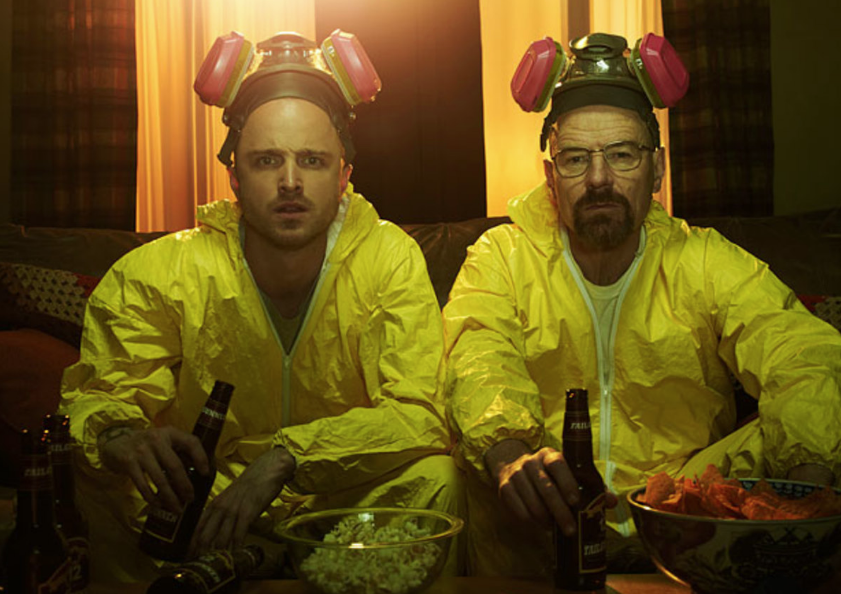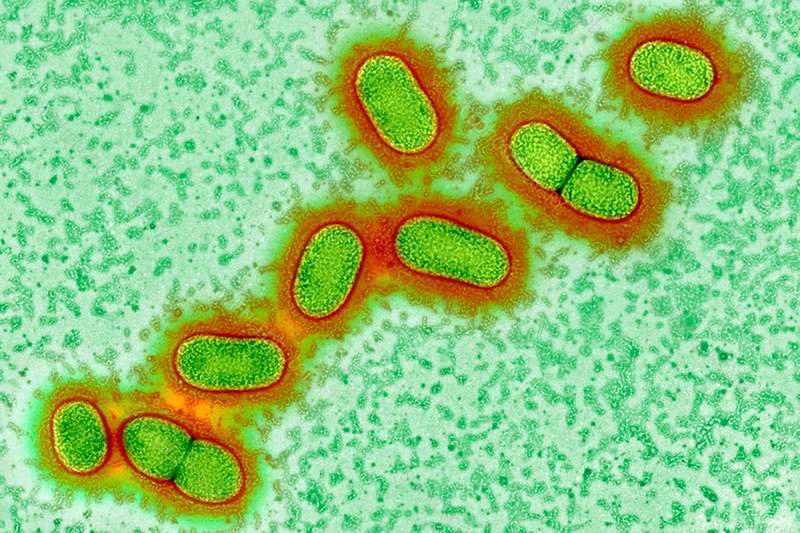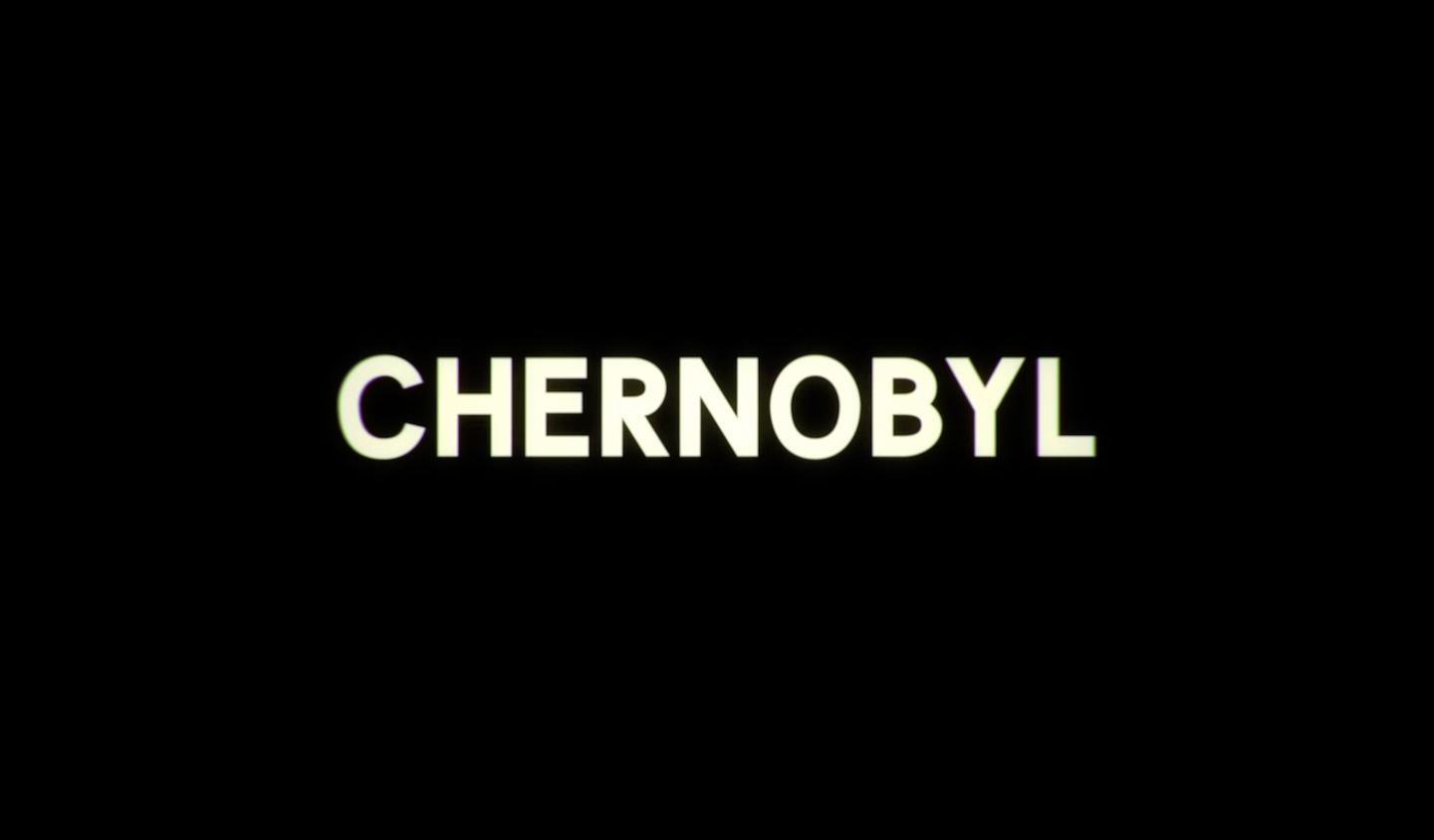
Two episodes in to HBO’s new miniseries and I’m hooked. Thanks for the recommendation, Droog!
The attention to detail is amazing, all the way down to the slightly fucked up font used in the credits. There’s a great interview with writer/producer Craig Mazin on Vice regarding his motivation to get it right.
Chernobyl accomplishes this, in part, by adhering as closely as it can to historical fact. Every major character save one—a nuclear physicist played by Emily Watson—has a real-life counterpart, from the scientist in charge of cleanup efforts (Valery Legasov, played by Jared Harris), to the wife of a firefighter at the scene of the explosion (Lyudmilla Ignatenko, played by Jessie Buckley). The clothing Chernobyl’s characters wear, the cars they drive, the cigarettes they smoke, the glassware they drink from, the wallpaper in their homes—all of it is staggeringly accurate, a product of more than two and a half years of research.
So anyway, podcast. It provides additional information for each episode in the five-part series, so watch an episode and then give the podcast a listen.

